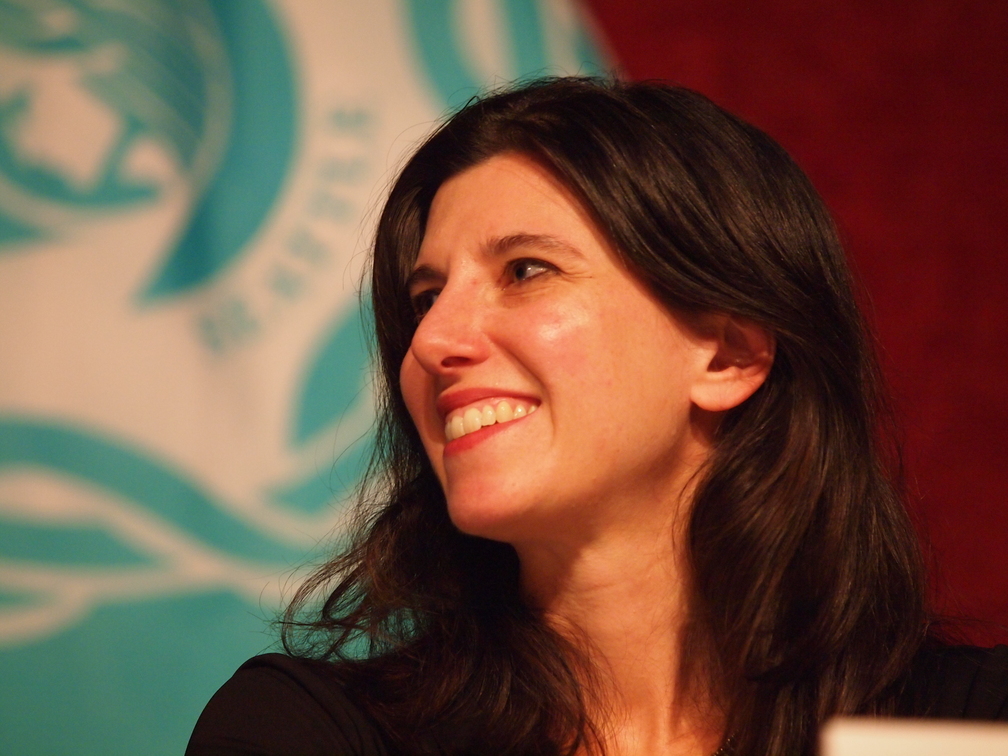Whoever succeeds Seattle Mayor Jenny Durkan will find a lot on their plate on day one. The issues raised in the last year alone are pretty daunting. The global coronavirus pandemic threw Seattle (home to the region where many of the U.S.‘s first known cases emerged) into turmoil; a few months later, racial justice protests brought the city’s whole public safety apparatus under renewed scrutiny.
Even prior to the events of 2020, the city’s leadership was grappling with several longstanding problems – most notably accessible housing, but also climate damage and gridlock from dependence on automobile travel.
Voters will have to decide whether Seattle’s next leader should be an experienced politico who can bring their knowledge of the levers of power to the job or an outsider with fresh eyes. The two candidates in the race with the highest name recognition – City Council President Lorena González and former Councilmember Bruce Harrell – fall into the first category, while political newcomers like Colleen Echohawk and Andrew Houston fall into the latter.
There is at least one candidate in the race who can reasonably claim both mantles. As a former state representative and transportation advocate, Jessyn Farrell has political experience in spades, and a reputation as a smart negotiator and strategist; but as someone who has not served in a city level position, she is well positioned to offer credible critiques of current and past city leadership.

Farrell, forty-seven, has by all accounts been invested in politics her whole life; in high school she was voted “most likely to become a politician” by her classmates. During her time at university, she served as an AmeriCorps volunteer and interned at the Yugoslavia War Crimes Tribunal.
After law school, she stared her career with the Washington Public Interest Research Group (WashPIRG), lobbying lawmakers in Olympia.
From WashPIRG, Farrell moved to the Transportation Choices Coalition.
Public transportation is a cause close to Farrell’s heart. As a teenager, she traveled in Japan and marveled at the country’s advanced high-speed transit system.
In 2005, she became the Coalition’s Executive Director.
She successfully led efforts to lobby and campaign for transit expansion projects, most notably the multi-county campaign to pass Sound Transit 2.
In 2009, Farrell was recruited for a senior role in Pierce County Transit. Under her leadership in 2012, PCT won the VISION 2040 Award – a prize given by the Puget Sound Regional Council for innovative programs promoting sustainability.
That same year, Farrell was elected to the House of Representatives to represent Northeast Seattle, where she grew up. As a state legislator, Farrell was a strong advocate for working Washingtonians: she chaired the Working Families Caucus, led multiple efforts to raise the state minimum wage, sponsored protections for pregnant women in the workplace, and supported mandatory paid sick leave.
Naturally, given her earlier political experience, Farrell was also very engaged in transportation issues. Serving as a vice chair of the House Transportation Committee, she was a leader in negotiations for a $16 billion transportation package in 2015 which covered highway improvements, pedestrian and bike infrastructure, and expansions to light rail and bus services.
In 2017, Farrell decided to give up her seat in the House to run for Mayor of Seattle. She was one of many candidates to step up when the race suddenly opened up with the announcement by Mayor Ed Murray that he would not run for a second term (Murray faced a series of sexual abuse allegations).
In a crowded Top Two field of twenty-one candidates Farrell came in fourth, trailing Nikkita Oliver and the second place finisher Cary Moon, who ultimately went on to lose to Jenny Durkan. She finished ahead of former Mayor Mike McGinn and State Senator Bob Hasegawa.
The 2017 mayoral race was a bruising affair, evidenced by the fact that of the twenty-one candidates only Farrell has opted to run again. In fact, Farrell is the only major candidate in 2021 to have run for the position before, which could prove to be helpful. Farrell is getting a much earlier start this time around.
After the 2017 campaign, Farrell did not return to electoral politics right away. Before announcing her 2021 run for mayor, she worked as a Senior Vice President at Civic Ventures, Nick Hanauer’s well-regarded think tank and policy shop.
Farrell entered the mayoral race as something of an underdog.
She lacks the name recognition of established city leaders like González and Harrell, and lags well behind them (as well as fellow candidates Echohawk and Houston) in fundraising numbers.
It would, however, be unwise to count Farrell out. In a city beset by major problems, Farrell comes to the table with a reputation as a tough-minded problem solver and negotiator. She is the field’s foremost expert on transportation matters, and is well-versed in issues such as child-care and economic stability. Her work with Civic Ventures could also be beneficial in helping her and her advisors make better decisions about how to communicate her values and ideas.
With four years of hindsight and an opportunity to reintroduce herself to the people of Seattle, can the second time be the charm for Jessyn Farrell?


Comments are closed.